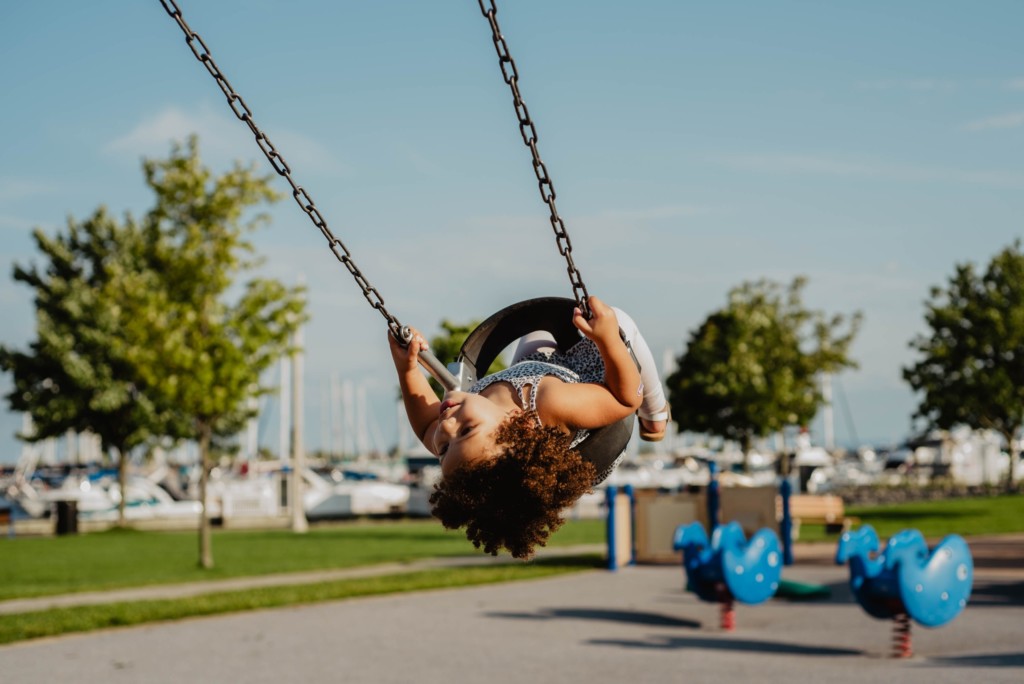A few months ago, we learned that we were expecting our second child. But on the day of our first ultrasound, we learned that the baby was no longer growing and had no detectable heartbeat. Two weeks later, I had a miscarriage.
Many women have experienced what I experienced. Many more have had miscarriages under different circumstances. Every person, every pregnancy, every loss is different. But, in case it helps you or someone you know, this is what helped me throughout my miscarriage.
Knowing that I wasn’t alone.
In the past year, a few women that I know shared their experiences with pregnancy loss. I am grateful to them because, from the moment I heard the measurements during my ultrasound, I knew what was happening. I had fewer doubts, more pointed questions for my doctor, and a much easier time accepting that this was not my fault.
Letting someone else do the Googling.
A miscarriage is a medical event–there are ultrasounds, tests, and decisions to be made, sometimes quickly. But there were words I wasn’t ready to type and information I wasn’t ready to read. I shared my doubts, fears, and questions with my husband; he did the research. Some things we talked about when I was ready, others he kept to himself just in case they became relevant later.
Accepting the grieving process.
I experienced the stages of grief all out of order, and some over and over again. At times, I felt strange acknowledging that I was grieving–my baby was still technically called an embryo, I already had a healthy child, and some women experience multiple miscarriages, stillbirths, or the loss of their children after birth. Who am I to grieve?
That embryo was my baby. She (or he) brought me joy, moved my heart, made me excited to see who he would be and how she would shape our family. I experienced a loss. It helped to give in to the different ways that grief worked its way through my heart and mind. Even when it meant that I spent one day accepting that this child wasn’t mine to know, and the next daydreaming that my baby was secretly healthy and growing, waiting to surprise us at the next ultrasound.
Grieving selfishly.
We decided to go through the miscarriage privately. I was trying to figure out how to endure my loss. I could not and did not want to take care of anyone else’s questions or emotions. (This article explains better than I can.) I took my place at the center of the circle and I grieved selfishly. Take your time and grieve however you need to–with a support system of two or two dozen.
I told a friend.
One day, when the waiting was feeling especially heavy and frustrating, I reached out to a friend. I knew that she would lift me up. It was the first time I had actually said the words, “I am having a miscarriage.” Speaking what was happening to me helped me to feel lighter and more in control again.
Hearing “I’m sorry.”
Hearing that everything I was thinking, feeling, experiencing was right. Having someone listen to me, and then do nothing, say nothing but, “I’m sorry this is happening.” The emotional roller coaster that accompanies loss is often confusing, overwhelming, and exhausting. Feeling validated was important.
I hope that you aren’t/haven’t/won’t experience the loss of a child. If you are/have/do, I’m sorry. I hope this is helpful to you.

















